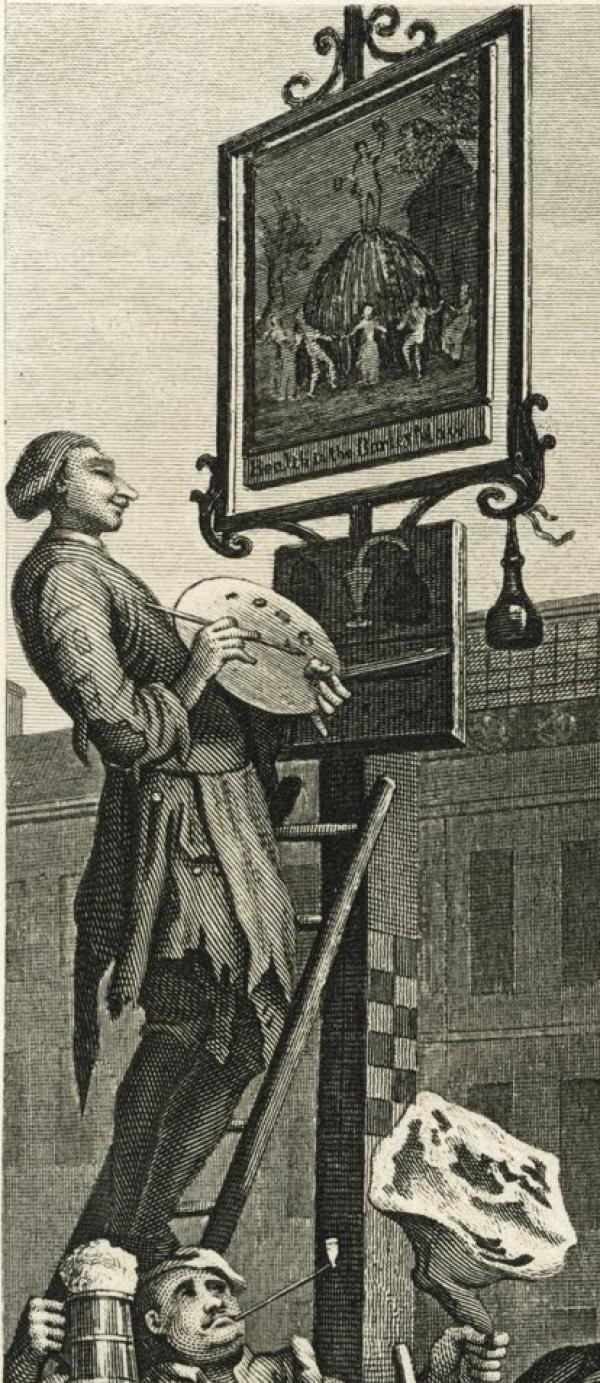More than 30,000 people visited the shopping centre on December 26, causing some drivers to abandon their cars on the A41.
Tailbacks stretched back to Junction 9 of the M40 while the inconsiderate parking forced police to shut one side of the road between the Oxford Road and London Road roundabouts.
Pause a moment to consider that figure; over thirty thousand people dragged themselves from the bosom of their family on a December day to join the queue for parking spaces and cram themselves into a grossly overcrowded feeble pastiche of a New England shopping street.
And then consider that Bicester Village is a shopping outlet for last season's collections and the lines that didn't sell - it seems to have escaped the notice of the teeming hordes that the stuff in the stores is permanently marked down; this was an entirely irrational feeding frenzy.
It's a measure of how the name on the label has eclipsed the product that, in these supposedly cash-strapped times, so many ordinary people considered this a worthwhile enterprise - and ordinary people they must have been; the affluent foreigners who form Bicester Village's target clientele arrive by train from London, no traffic jams for them.
Incidentally, I'm intrigued by the Oxford Mail's choice of language; these shoppers were 'caused' to leave their cars at the roadside, as if, on finding the 1800-odd spaces full, they were in some way obliged - or entitled - to abandon their vehicles and continue on foot into the temple of Mammon.
It reminds me of the woman who set up a facebook page to draw attention to the fact that residents of her town were ‘fed up having to travel to Northampton or Milton Keynes to view films in a modern big cinema’ - this despite the fact that her town already has a two-screen cinema in the centre.
Of all the bizarre January (ha!) sales stories, this mass migration and the stranding of vehicles along the A41 is surely one of the most peculiar and inexplicable, given current economic circumstances - though there could be a certain hip-pocket or (dare we say it?) demographic factor at work.
With the possible exception of Clarks shoe shop (a leftover from the Village's 1990s infancy) Bicester Village sells virtually nothing that could be considered essential to normal life - unless, that is, your continued survival depends on designer labels and overpriced luxury goods.
Perhaps there are now people who genuinely believe it does.

